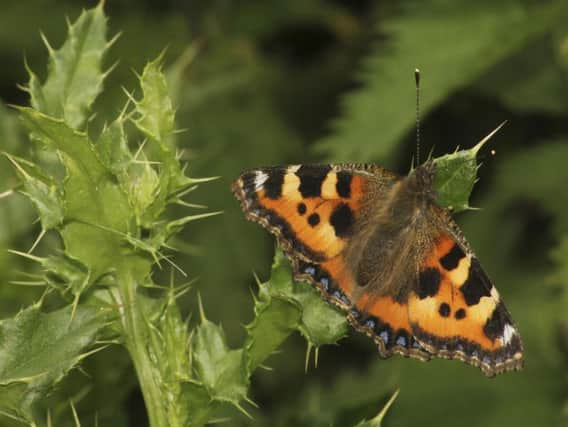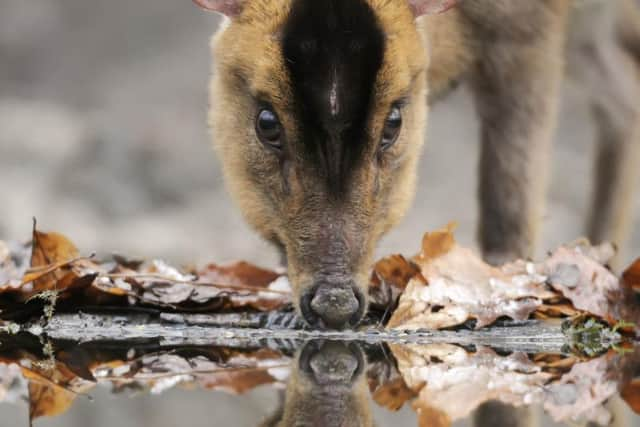Scotland's wildlife in crisis as half of species declining and one in ten at risk of extinction


The 2019 State of Nature report, published every three years, shows half of the 6,413 species found in Scotland have declined since 1970 and more than one in ten is at risk of extinction.
Compiled by professionals from more than 70 organisations and government experts, the report states: “The abundance and distribution of Scotland’s species has on average declined over recent decades and most measures indicate this decline has continued in the most recent decade. There has been no let-up in the net loss of nature in Scotland.”
Advertisement
Hide AdAdvertisement
Hide AdOverall, nearly two thirds of the country’s living things on land and in the sea have shown strong changes, with only 28 per cent increasing.


Seabirds have been suffering some of the most extreme crashes over the past three decades, with an average loss of 38 per cent. Arctic skuas and kittiwakes have fallen even more dramatically, dropping by 77 per cent and 72 per cent respectively.
Moths have also been badly hit, with abundance nose-diving by 25 per cent.
Nine mammals assessed have declined by almost 10 per cent over the last 20 years, with the Scottish wildcat declared functionally extinct in the period since the last report.
Conversely, pine martens – once extremely rare – are enjoying a resurgence in both numbers and distribution.
Butterflies have also seen a small increase.
It’s not too late
Factors including climate change, intensification of agriculture, fishing, pollution and spreading urbanisation are blamed for the changes. Increasing invasions of non-native species are also having an effect on indigenous life.
Despite the bleak findings, environmentalists claim it’s not too late to take action.
Paul Walton, lead author of the Scotland section, said: “The output confirms that, averaged across species, the erosion and loss of nature in Scotland continues. But it also highlights how much we still have to lose, and some of the incredible work that is already underway to hold on to it.
Advertisement
Hide AdAdvertisement
Hide Ad“Scotland is uniquely placed to set a global example in responding to the twin climate and ecological crises.”
Jo Pike, chief executive of the Scottish Wildlife Trust said: “While time is running out to reverse biodiversity loss we must also recognise that positive action is possible.”
She added: “It is vital that we increase our investment in nature. This means taking urgent, strategic action to protect and restore natural habitats on land and sea, green our towns and cities, and transform our relationship with the natural world. Nature is our life support system. We owe it to future generations to support its recovery.”